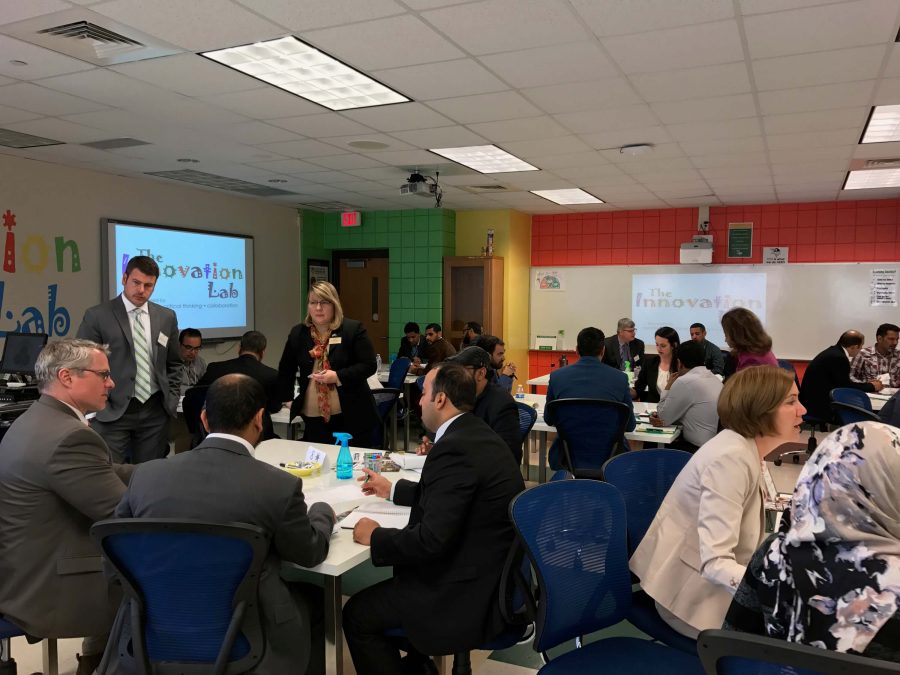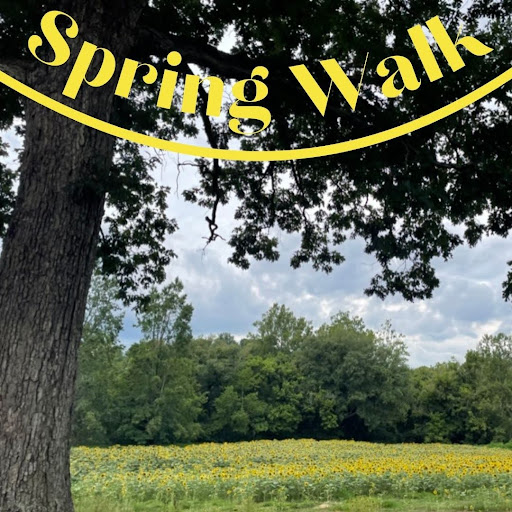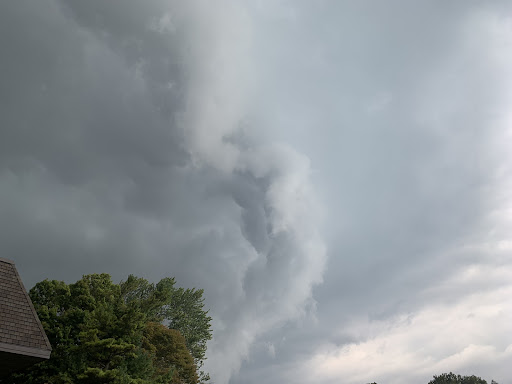Saudi Arabian offcials visit North classrooms to study American education
Photo credit: Lindsey Ramsdell
VISITORS MEET IN INNOVATION LAB | School workers discuss education with visitors from Saudi Arabia. The visitors were sent by the King to study education in di erent parts of the world.
Every now and then, students will see district staff popping in and out of classrooms in order to improve and evaluate teaching styles. However, on Monday, April 17, a new crowd of educators with a different goal roamed the halls.
Administrators and teachers, including Fatima Alamari, were sent by King Salman bin Abdulaziz Al Saud of Saudi Arabia as part of a national transformation effort. The plan sets goals for 2030 that will take their oil-dependent country to a higher standard of living by reforming many aspects of their society, including the education system. Educators were sent to schools in the U.S., Finland, Sweden and several other countries to observe and use as models for public education.
“They came to North specifically to learn how our teachers learn and grow together during the school year,” science teacher Elizabeth Michaels said via email. “North is unique as a school because we have systems in place that allow for our teachers to identify and solve problems. This allows us to continually improve our instruction and therefore improve learning for all students.”
According to U.S. News, the three countries are ranked in the top 15 in education, while Saudi Arabia is in 50th place. Each score is based on the country’s public education system and percentage of students that would consider attending a university there.
The high ranking and innovative teaching styles compelled the king to send representatives to America. Alamari and her colleagues noticed many differences like co-ed classes, mini libraries of books in classes, private classrooms for teachers, desks for each student and facilitated communication between teachers and students.
Participating teachers and administrators led tours of the school and seminars to discuss the techniques that the visitors noticed. English teacher Geoffrey Young was among those teachers.
“Our role was to greet and then to sit with them. So we were hosts in the sense that we made them feel comfortable here within our school,” Young said. “It was also our role to explain the key features of what we as a leadership team have done in our school to enhance learning and provide a better education for students.”
Two of the school’s culture goals that were developed earlier this year were to promote connections with classmates and encourage collaboration. Michaels said student-teacher relationships are essential for a healthy and progressive learning environment.
“At North, we realize that no significant learning can happen without relationships,” Michaels said. “The stronger the student-teacher relationship, the more students are willing to take risks, try difficult tasks and stretch their learning.”
Since North was picked from a handful of schools, Michaels said the visit was an honor. She added that she would be open to another visit and show more features of the school.
“I was so impressed by our visitors. They were excited to be here, eager to learn, curious, thoughtful, friendly and considerate,” Michaels said. “I was so excited to host teachers from across the world. It shows that what we do here is powerful and people outside our community are noticing.”












